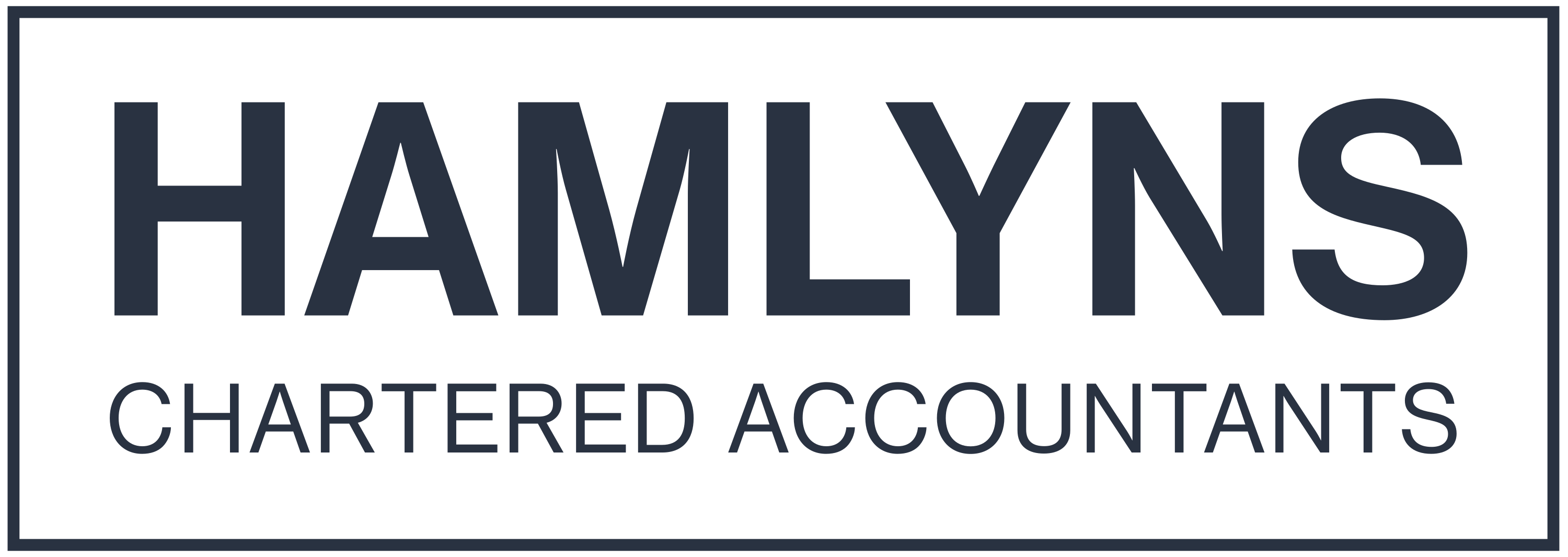Coronavirus Job Retention Scheme – Detailed Guidance Released

HMRC has released further detail for employers, see below for clarification on some matters that were previously unresolved.
PAYE online
Businesses claiming must have enrolled for PAYE online – this can take up to 10 days
Confirm with furloughed employees in writing
To be eligible for the grant employers must confirm in writing to their employee confirming that they have been furloughed. A record of this communication must be kept for five years.
Claim dates and grants
Grants will be prorated if your employee is only furloughed for part of a pay period.
Claims should be started from the date that the employee finishes work and starts furlough, not when the decision is made, or when they were written to confirming their furloughed status.
Past Overtime, Fees, Commission, Bonuses and non-cash payments
You can claim for any regular payments you are obliged to pay your employees. This includes wages, past overtime, fees and compulsory commission payments. However, discretionary bonus (including tips) and non-compulsory commission payments and non-cash payments should be excluded.
Benefits in Kind and Salary Sacrifice Schemes
The reference salary should not include the cost of non-monetary benefits provided to employees, including taxable Benefits in Kind. Similarly, benefits provided through salary sacrifice schemes (including pension contributions) that reduce an employee’s taxable pay should also not be included in the reference salary.
Where the employer provides benefits to furloughed employees, this should be in addition to the wages that must be paid under the terms of the Job Retention Scheme.
Normally, an employee cannot switch freely out of a salary sacrifice scheme unless there is a life event. HMRC has agreed that COVID-19 counts as a life event that could warrant changes to salary sacrifice arrangements, if the relevant employment contract is updated accordingly.
Apprenticeship Levy and Student Loans
Both the Apprenticeship Levy and Student Loans should continue to be paid as usual. Grants from the Job Retention Scheme do not cover these.
Working for a different employer
If contractually allowed, employees are permitted to work for another employer whilst you have placed them on furlough.
For any employer that takes on a new employee, the new employer should ensure they complete the starter checklist form correctly.
If the employee is furloughed from another employment, they should complete Statement C.
Apprentices
Apprentices can be furloughed in the same way as other employees and they can continue to train whilst furloughed.
However, you must pay your Apprentices at least the Apprenticeship Minimum Wage, National Living Wage or National Minimum Wage (AMW/NLW/NMW) as appropriate for all the time they spend training. This means employers must cover any shortfall between the amount claimed for their wages through this scheme and their appropriate minimum wage.
If you made employees redundant or they stopped working for you after 28 February
If you made employees redundant, or they stopped working for you on or after 28 February 2020, you can re-employ them, put them on furlough and claim for their wages through the scheme.
If your employees are working reduced hours
If an employee is working, but on reduced hours, or for reduced pay, they will not be eligible for this scheme.
If your employee is on unpaid leave
You can only claim for employees that started unpaid leave after 28 February 2020.
Employees with caring responsibilities
Employees who are unable to work because they have caring responsibilities resulting from coronavirus (COVID-19) can be furloughed. For example, employees that need to look after children can be furloughed.
Shielding Employees
You can claim for furloughed employees who are shielding in line with public health guidance (or need to stay home with someone who is shielding) if they are unable to work from home and you would otherwise have to make them redundant.
If your employee is on a fixed term contract
Employees on fixed term contracts can be furloughed. Their contracts can be renewed or extended during the furlough period without breaking the terms of the scheme. Where a fixed term employee’s contract ends because it is not extended or renewed you will no longer be able claim grant for them.
Company Directors
As office holders, salaried company directors are eligible to be furloughed and receive support through this scheme. Company directors owe duties to their company which are set out in the Companies Act 2006.
Where a company (acting through its board of directors) considers that it is in compliance with the statutory duties of one or more of its individual salaried directors, the board can decide that such directors should be furloughed.
Where one or more individual directors’ furlough is so decided by the board, this should be formally adopted as a decision of the company, noted in the company records and communicated in writing to the director(s) concerned.
Where furloughed directors need to carry out particular duties to fulfil the statutory obligations they owe to their company, they may do so provided they do no more than would reasonably be judged necessary for that purpose, for instance, they should not do work of a kind they would carry out in normal circumstances to generate commercial revenue or provides services to or on behalf of their company.
This also applies to salaried individuals who are directors of their own personal service company (PSC).
Salaried Members of Limited Liability Partnerships (LLPs)
Members of LLPs who are designated as employees for tax purposes (‘salaried members’) under the Income Tax (Trading and Other Income) Act (ITTOIA) 2005 are eligible to be furloughed and receive support through this scheme.
The rights and duties of a member of an LLP are set out in an LLP agreement and in the absence of an agreement, default provisions in the LLP Act 2000, based upon company and partnership law. Such an agreement may include separate agreement between the LLP and an individual member setting out the terms applicable to that member’s relationship with the LLP.
To furlough a member, the terms of the LLP agreement (or any such agreement between the LLP and the member) may need to be varied by a formal decision of the LLP, for example to reflect the fact that the member will perform no work in the LLP for the period of furlough, and the effect of this on their remuneration from the LLP.
For an LLP member who is treated as being employed by the LLP (in accordance with s863A of ITTOIA 2005), the reference salary for this scheme is the LLP member’s profit allocation, excluding any amounts which are determined by the LLP member’s performance, or the overall performance of the LLP.
Agency Workers (including those employed by umbrella companies)
Where agency workers are paid through PAYE, they are eligible to be furloughed and receive support through this scheme, including where they are employed by umbrella companies.
Furlough should be agreed between the agency, as the deemed employer, and the worker, though it would be advised to discuss the need to furlough with any end clients involved. As with employees, agency workers should perform no work for, through or on behalf of the agency that has furloughed them while they are furloughed, including for the agency’s clients.
Where an agency supplies clients with workers who are employed by an umbrella company that operates the PAYE, it will be for the umbrella company and the worker to agree whether to furlough the worker or not.
| For information of users: This material is published for the information of clients, contacts and prospects of Hamlyns. It provides only an overview of the regulations in force at the date of publication, and no action should be taken without consulting the detailed legislation or seeking professional advice. Therefore no responsibility for loss occasioned by any person acting or refraining from action as a result of the material can be accepted by the authors or the firm07 |




